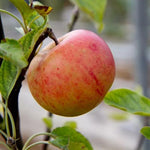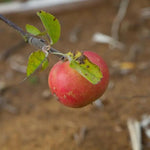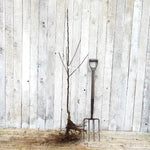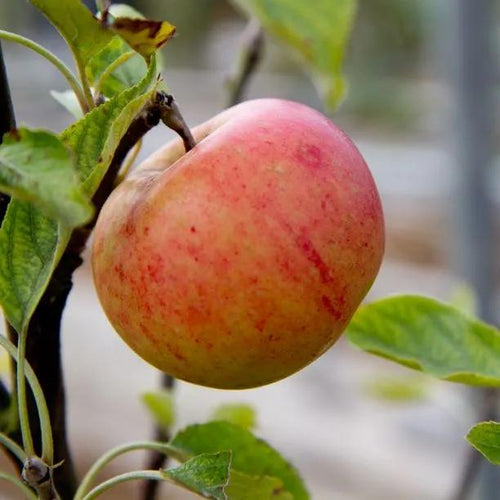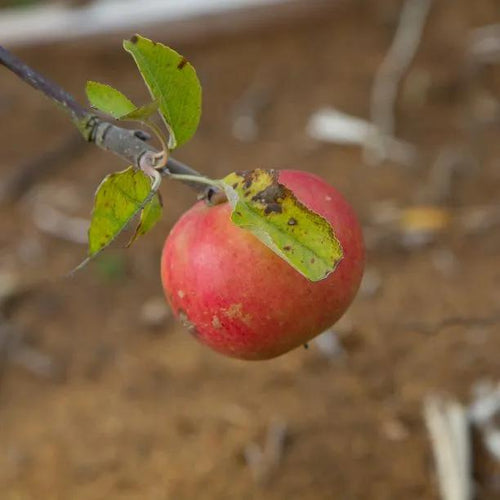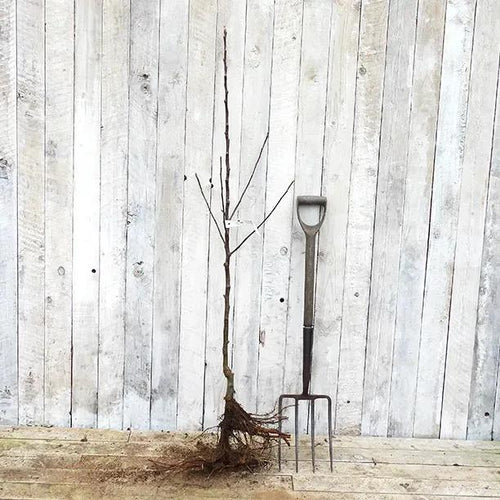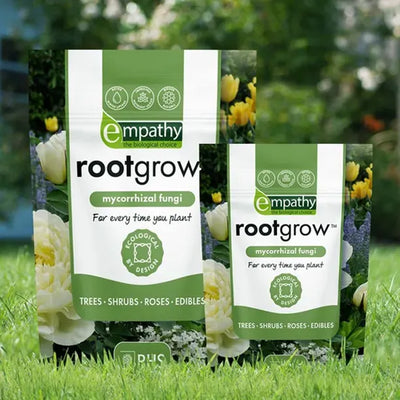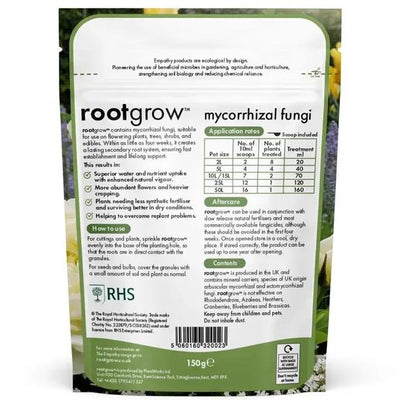 Delivered across the UK
Delivered across the UK Which Best Plant Supplier 2025
Which Best Plant Supplier 2025 1 Year Bareroot Plant Guarantee
1 Year Bareroot Plant Guarantee
About Chivers Delight Apple Trees
Chivers Delight Apple Trees
Chivers Delight apple trees produce a mid season eating apple. Fruit that have been stored for a while are good for stewing.
Read our guide to buying the right apple tree, browse our full range of apple trees or see the full variety of fruit trees.
Features
- Use: Eating. Crisp and juicy, with a lightly aromatic, sweet-sharp flavour. Very ripe fruit lose their crispness and are better for cooking.
- Spur Bearer: suitable for cordons & espaliers, trained on wires.
- Tree's growth habit: Average vigour. Upright form.
- Harvest: Mid October
- Store & ripen in a cool, dry place: Until January
General description of Chivers Delight:
A red flushed dessert apple with all the key qualities: juicy and crisp, sweet and tangy with a fruity aroma. The red flushed skin is on the waxy side, which helps the apple to store quite well, although the flesh tends to lose its crispness and turn a bit powdery after about 6 weeks - we recommend cooking with these fruit.
Chivers Delight is an upright tree, so it's good for tighter spaces and it's a good, reliable cropper.
Rootstocks:
All of our Chivers Delight trees are grown on MM106 rootstocks.
Pollination Partners for Chivers Delight:
Your trees are self sterile and their flowers must be pollinated to make fruit.
Chivers Delight is in pollination Group D.
This means that they'll cross-pollinate with other apple trees in pollination Groups C, D and E.
See our Guide to Apple Tree Pollination for a full list of partners & more tips about pollination.
Chivers Delight Disease notes:
Disease susceptibility: Canker (slight).
History & Parentage:
Mr Stephen Chivers of Cambridgeshire, a member of the family run John Chivers Farms, bred Chivers Delight during the in the1930s. It's grown by a few farmers, but it's mainly a garden variety.
The parents were not recorded, but the experts reckon that Cox's Orange Pippin is probably in there.
In an article for the Guardian in 2000, Monty Don wrote that Chivers Delight are one of his 10 favourite apples (we grow 8 of them).
How Apple Trees are Measured & Delivered:
Our fruit trees are delivered in up to 3 shapes and you can also buy selected apple trees as ready made cordons.
Maiden: This unbranched tree is the smallest starting size. You can train maidens into espaliers and cordons.
Cordon: Chivers Delight trees are spur-bearers, so they can be made into cordons and espaliers.
Bush: This is a style of freestanding tree with a short trunk of about 60cm. It'll grow to about 3 metres tall.
Half-Standard: This is a freestanding style that will grow into a full sized, "normal" apple tree, about 4 metres tall.












 Secure, One-Tap Checkout
Secure, One-Tap Checkout
 Hand Picked, Delivered to Your Door!
Hand Picked, Delivered to Your Door! 1 Year Bareroot Guarantee
1 Year Bareroot Guarantee